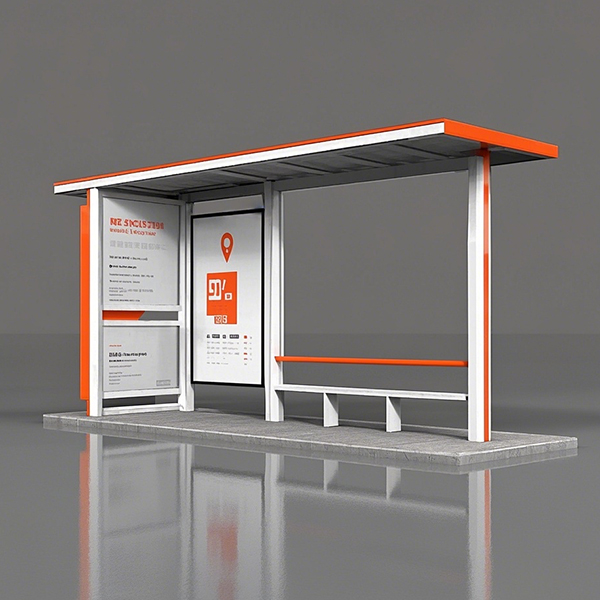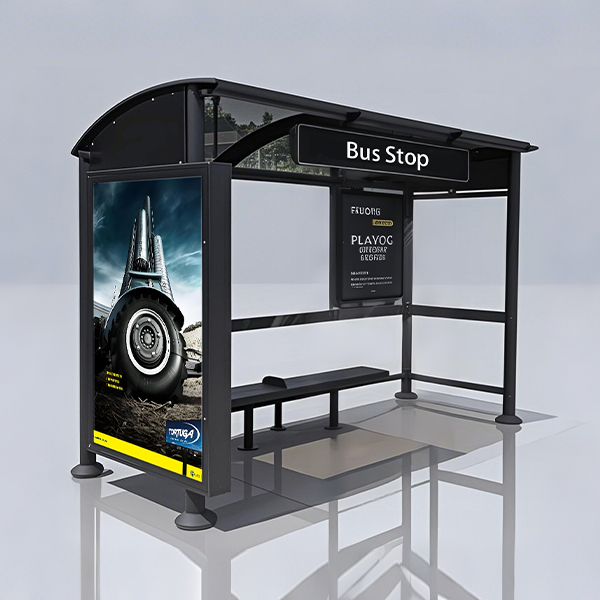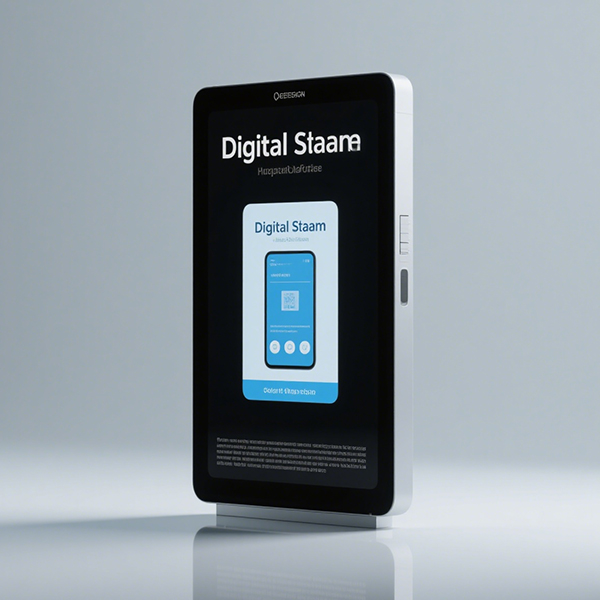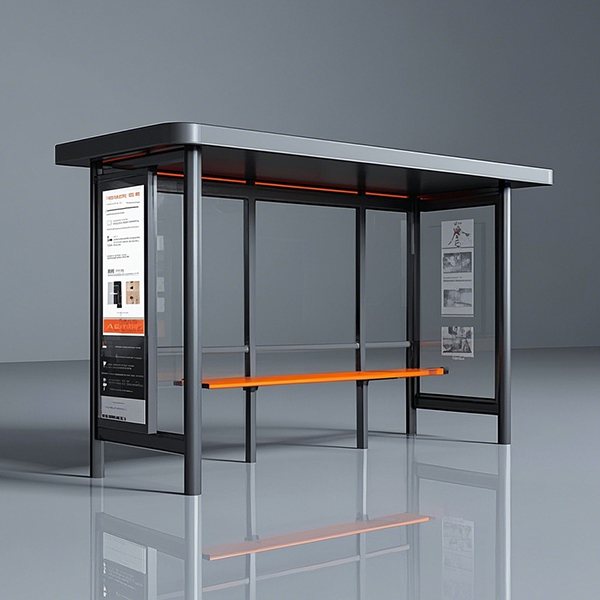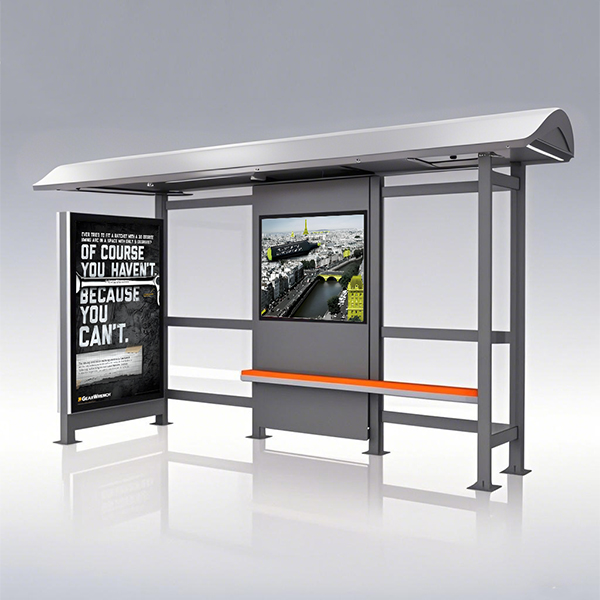
workplace digital signage
Transform your workplace communication and employee experience with the power of workplace digital signage. This comprehensive guide explores the benefits, best practices, and key considerations for implementing effective digital signage solutions in any business setting. Learn how to choose the right hardware and software, create engaging content, and measure the impact of your digital signage strategy.
Understanding the Power of Workplace Digital Signage
What is Workplace Digital Signage?
Workplace digital signage refers to the use of electronic displays to communicate information within a business environment. This can range from simple announcements and schedules to interactive wayfinding and employee recognition programs. It's a versatile tool capable of improving internal communications, boosting employee engagement, and enhancing the overall workplace experience.
Benefits of Implementing Workplace Digital Signage
The benefits of incorporating workplace digital signage are numerous. It streamlines communication, allowing for quick dissemination of important updates and announcements. This reduces reliance on emails and paper-based methods, improving efficiency. Furthermore, engaging content can boost employee morale and create a more positive workplace atmosphere. Strategic implementation can also improve wayfinding, reducing confusion and lost time for employees and visitors.
Choosing the Right Workplace Digital Signage Solution
Hardware Considerations
Selecting the right hardware is crucial for successful workplace digital signage deployment. Factors to consider include screen size and resolution, display type (LCD, LED, etc.), brightness, and durability. The location of the signage will also influence your hardware choices. For high-traffic areas, consider robust and high-brightness displays to ensure visibility.
Software Selection: Content Management Systems (CMS)
A robust Content Management System (CMS) is essential for creating and managing your workplace digital signage content. Look for a system that offers features such as scheduling, templating, remote management, and analytics. Many CMS options are available, each with its own strengths and weaknesses. Consider factors such as ease of use, scalability, and integration capabilities when making your choice. Some popular options include (but are not limited to) ScreenCloud, Rise Vision, and Signagelive.
Creating Engaging Workplace Digital Signage Content
Content Strategy and Design
Effective workplace digital signage requires a well-defined content strategy. Consider your goals, target audience, and the message you want to convey. Create visually appealing designs that are easy to read and understand at a glance. Incorporate a mix of text, images, and videos to keep content engaging. Consider using high-quality images and videos that are relevant to your audience and brand. Short, concise messages are more effective than lengthy paragraphs.
Content Examples and Best Practices
Successful workplace digital signage campaigns often feature a variety of content types. Examples include: employee spotlights, company news and announcements, event schedules, safety reminders, interactive polls, and even wayfinding maps. Keep the content fresh and relevant to maintain viewer engagement. Regularly update your displays to prevent them from becoming stale. Use analytics to track the performance of your content and make adjustments as needed.
Measuring the Impact of Your Workplace Digital Signage
Key Performance Indicators (KPIs)
To assess the effectiveness of your workplace digital signage investment, track key performance indicators (KPIs). These metrics might include viewer engagement (dwell time), content effectiveness (click-through rates if interactive elements are included), and overall employee satisfaction. Regular monitoring and analysis of these metrics are essential for optimizing your digital signage strategy.
Conclusion
Implementing effective workplace digital signage can significantly enhance communication, improve employee engagement, and create a more positive and productive work environment. By carefully considering hardware and software selections, developing a compelling content strategy, and consistently monitoring performance, businesses can harness the full potential of digital signage to achieve their organizational goals. Explore the possibilities and transform your workplace communication today!
For advanced workplace digital signage solutions, consider exploring options from Shandong Luyi Public Facilities Co., Ltd..
Соответствующая продукция
Соответствующая продукция
Самые продаваемые продукты
Самые продаваемые продукты-
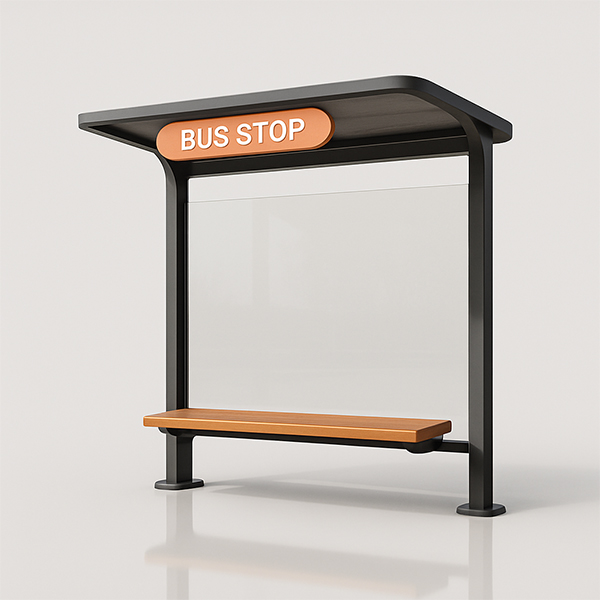 Minimalist Bus Stop
Minimalist Bus Stop -
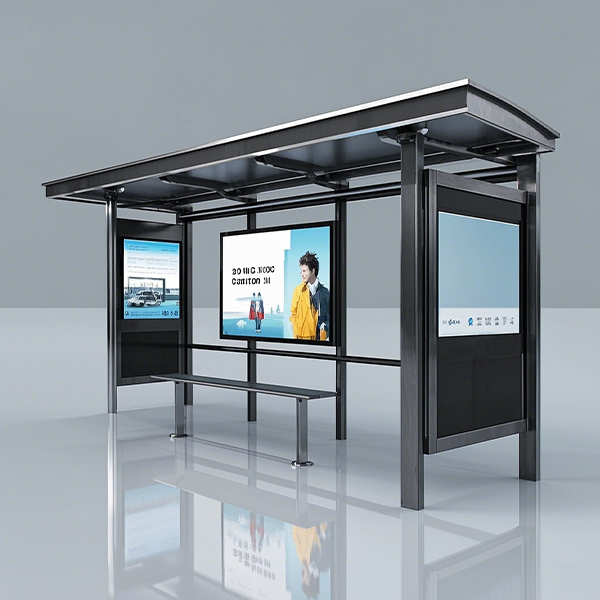 Three Advertising Box Bus Stop Shelter
Three Advertising Box Bus Stop Shelter -
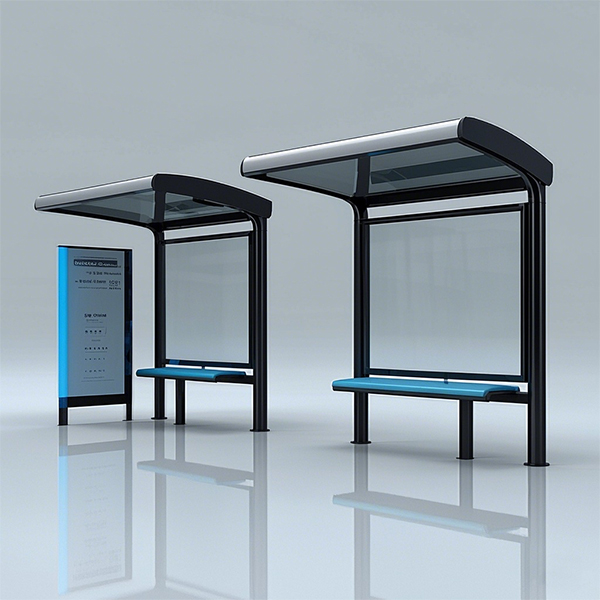 Double Bus Stop Shelter
Double Bus Stop Shelter -
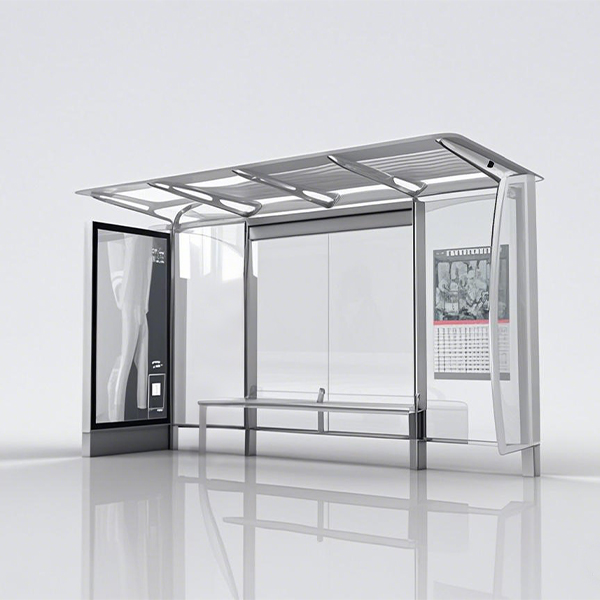 Stainless Steel Bus Shelter
Stainless Steel Bus Shelter -
 Digital Signage
Digital Signage -
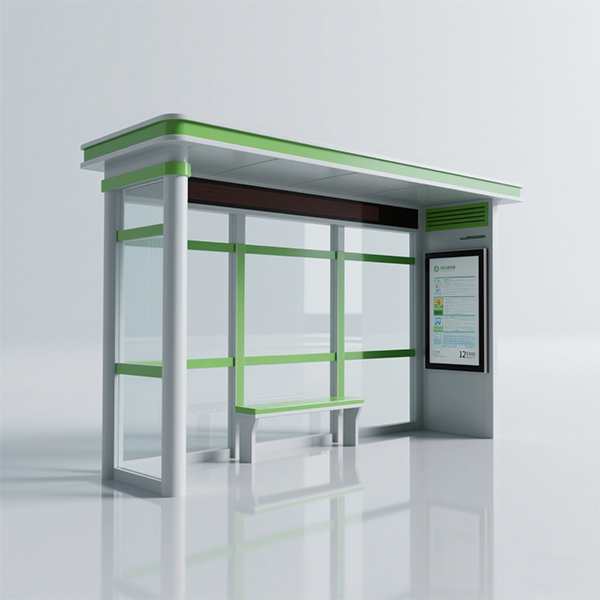 Semi-enclosed Bus Shelter
Semi-enclosed Bus Shelter -
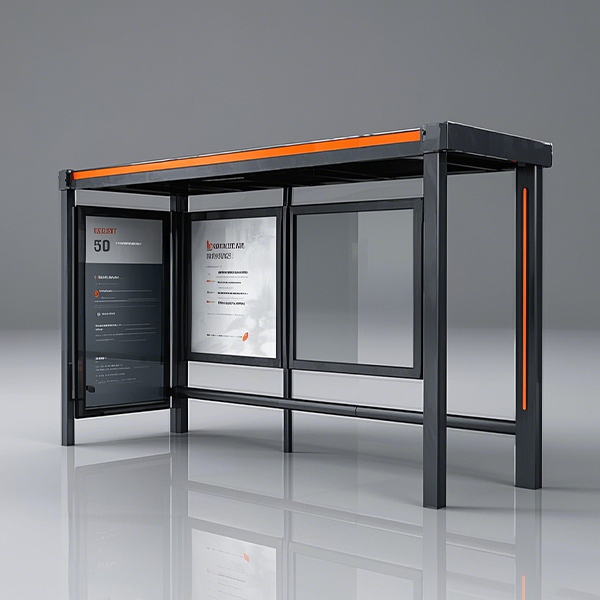 Bus Stop Shelter
Bus Stop Shelter -
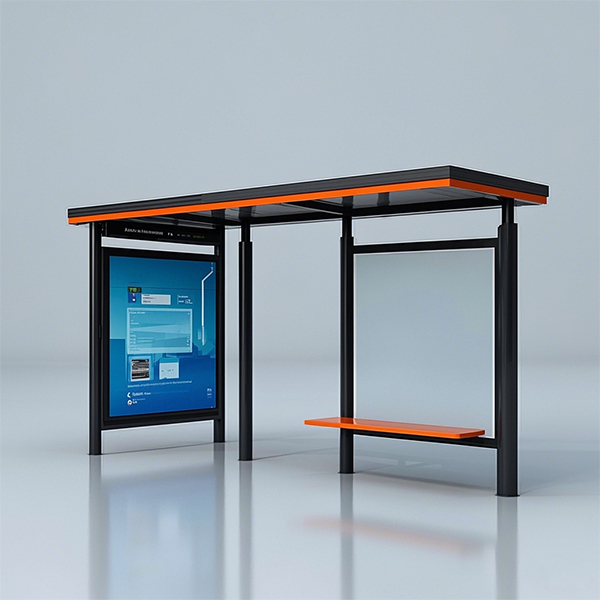 Bus Stop Shelter
Bus Stop Shelter -
 Single Light Box Bus Stop
Single Light Box Bus Stop -
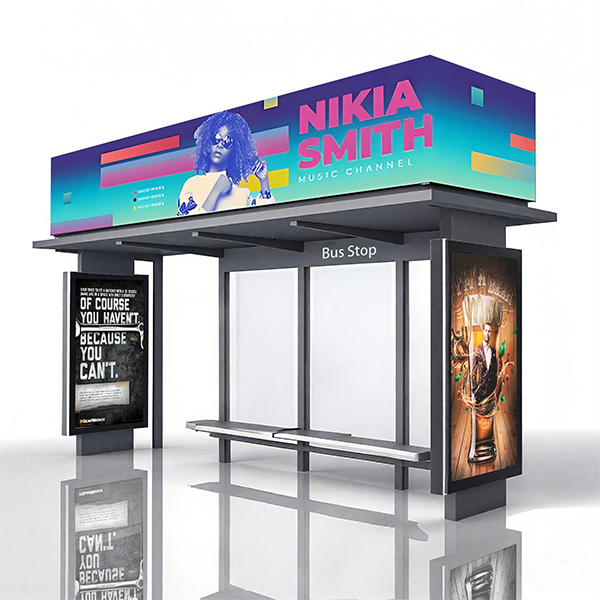 Rooftop Advertising Bus Stop Shelter
Rooftop Advertising Bus Stop Shelter -
 Stainless Steel Bus Stop
Stainless Steel Bus Stop -
 Semi-enclosed Bus Stop Shelter
Semi-enclosed Bus Stop Shelter







